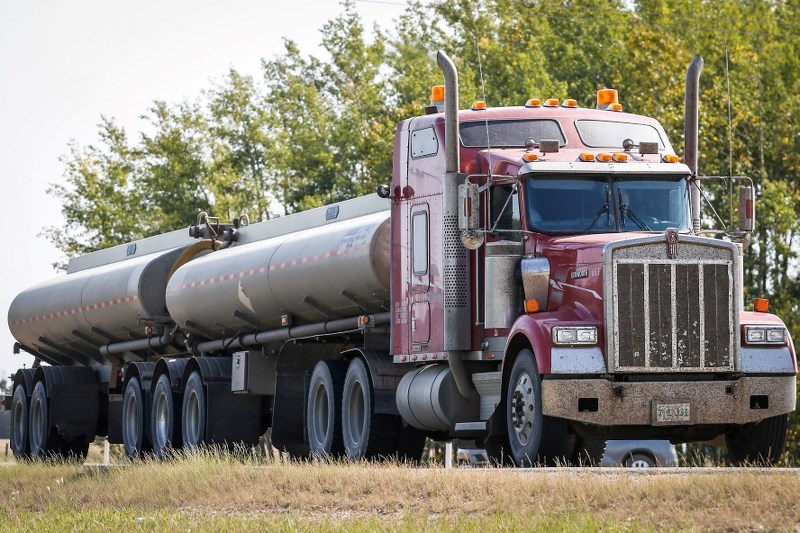When it comes to sharing the highway between semi trucks and smaller vehicles, drivers have to respect each other, stated Sgt. Sonny Kim, Boyle/Athabasca Integrated Traffic Unit Commander.
Just last week on Highway 63, a collision between a pick-up truck a semi truck hospitalized the pick-up truck driver and caused the semi to burst into flames. While alcohol has been ruled out, speed may have played a factor.
“When that (pick-up) truck hit that semi, the pick-up driver was injured — we had to fly him out — but the semi driver walked away,” Kim recalled. “The only thing he lost were his shoes. That’s what I’m talking about when you have to have respect for the bigger trucks.”
Kim observed that many drivers tend to forget that semi trucks are bigger, taller and take longer to stop. So if you’re speeding or cutting off a commercial vehicle, you’re the one who will likely get hurt.
“We have to be more cautious and we need to be a little more courteous to one another on the road,” Kim said. “We have to change our attitudes towards it.”
Part of that, he added, if giving those vehicles the time they need to stop and pass.
“The faster they pass you, the safer you are,” he said. “If they’re beside you, there are more things that can go wrong.”
But it’s not only the average person that needs to drive conscientiously.
The problem, Kim noted, are the smaller, independent companies that try to save money by cutting corners.
On the road, Kim has seen quite a few equipment violations and truck faultiness when it comes to tires, brakes, lights, insecure loads and weight classifications.
Those companies, he noticed, are also hiring unqualified drivers and pressuring them to log as many hours on the road as they can.
“If you don’t drive, you don’t make money,” he said, “so they bend the rules.”
As a result, drivers might be pushing themselves to reach the next kilometre, sometimes to the point where they’re falling asleep behind the wheel.
“Being fatigued is just as bad as being impaired by alcohol,” Kim stated.
“When you’re fatigued, you’re sleeping — you’re not alert at all. You are an impaired driver.”
However, Kim said that 80 per cent of commercial truck drivers follow the rules.
“Because they work for bigger companies, they follow the rules pretty much to the tee,” he said.
“We check them; they have the logbooks on them, they don’t speed, their equipment is all good, and their tires are changed whenever they need to.”



